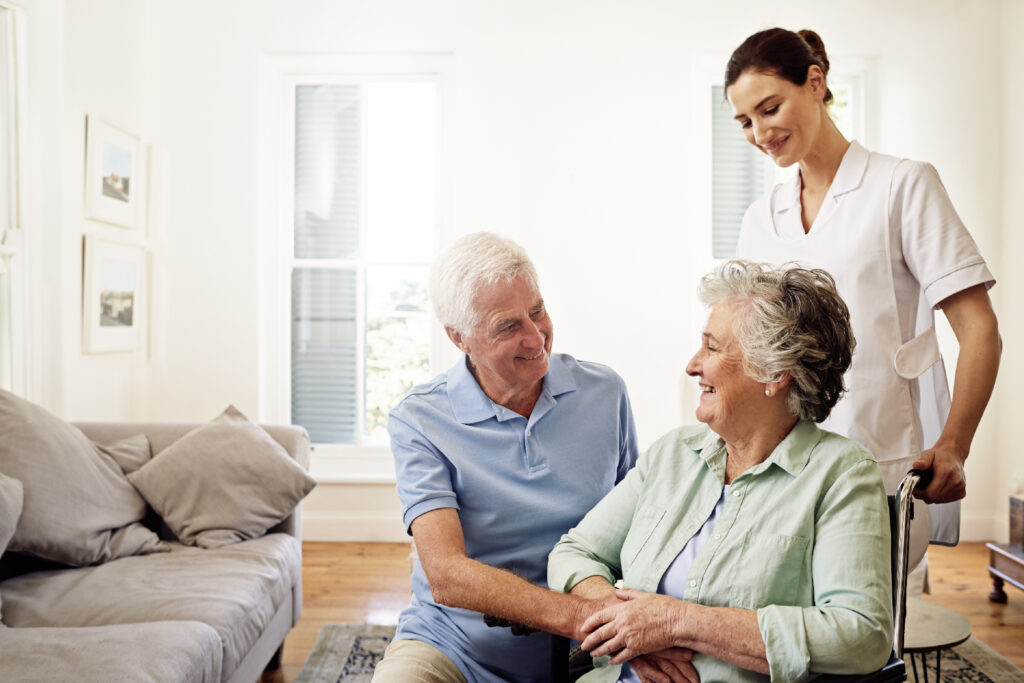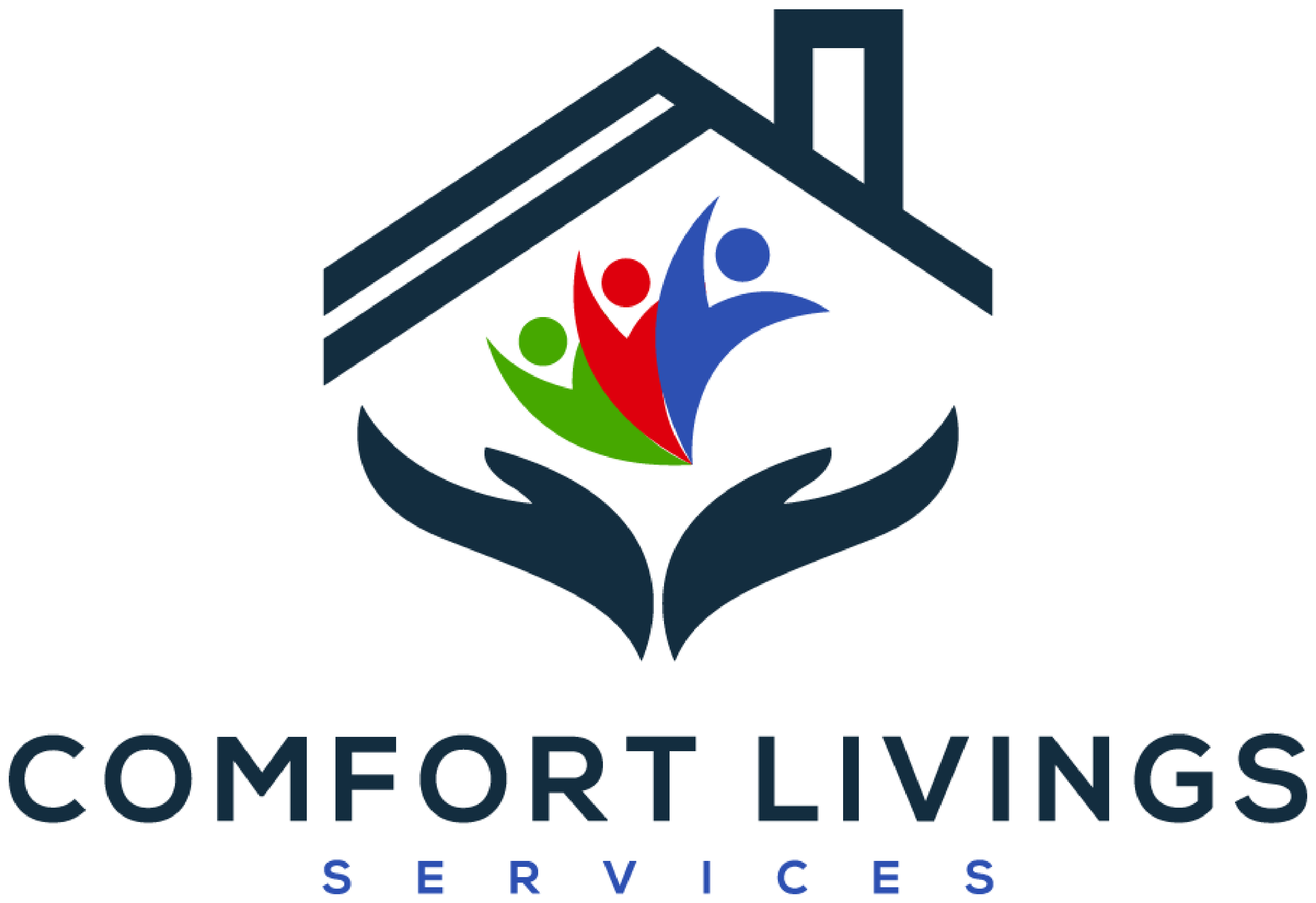Home and community based services (HCBS)

Home and community based services (HCBS)

- Essential Assistance Programs
- Comprehensive Support Programs
Have a referral and want to see if they're eligible for HCBS/245D?
These services provide the degree of support, oversight, and attention required to guarantee an individual’s health and well-being.
Assistance for Personal Community Living: For those who require physical help, signs, intermittent/moderate monitoring, or reminders to stay in their own homes.
Emergency support is available: Consultation and problem-solving services are provided on-call, as well as prompt aid when needed at home for a personal or health emergency.
Provide non-medical care, supervision, and socializing to individuals who are eighteen years of age or older.
Homemaker services: Services that fall under this category include light housecleaning as well as cleaning combined with occasional help with daily living tasks and home management.
Night supervision involves having a staff member who is awake in the person’s house to help and watch them throughout the night.
Personal assistance is defined as services given in a person’s home or community to help them reach their potential, become more independent, and fulfil their objectives related to community participation.
The person’s instruction, habilitation, or rehabilitation is the goal of these amenities. Services that promote good conduct and lessen or completely eradicate severe or difficult behavior are known as positive support services. Crisis respite refers to short-term care and intervention techniques given to individuals in response to their need for behavioral or medical intervention, caregiver relief, or protection for themselves or other household members.
Residential-based habilitation includes assisted living services and in-home family support for individuals in their homes. Managed living facilities, foster homes, and community residential settings are examples of licensed sites offering supported living services.
Residents of homes recognized as foster homes are eligible to get waivers for foster care for adults and children. The requirements of the individual are the basis for the customization of foster care services.
A residential facility must provide active treatment for individuals with developmental disabilities or associated conditions, licensed as a healthcare institution and recognized by the Minnesota Department of Health to provide health or rehabilitative services.
Services that help individuals with developmental impairments or associated disorders acquire and retain life skills so they may fully engage in community life.
- Services that assist persons with disabilities to become more independent in their communities and prepare for well-paying occupations. Instead of teaching specific work skills for certain employment, prevocational services teach basic work abilities and principles.
Daycare for adults
Technology for the disabled
Living expenditures for caregivers
Education and training for caregivers
Customer-focused community services
Adaptations for environmental accessibility
